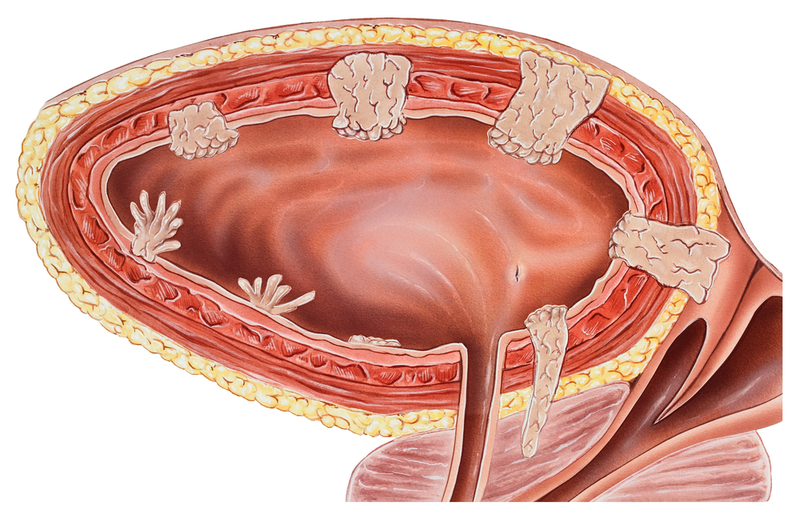Blood in urine may be an indication of bladder cancer
UNI Mar 27, 2019
Narayana Superspeciality Hospital, Howrah, on March 26, introduced the First Dedicated Clinic for Hematuria (Blood in Urine) in Eastern India.

Hematuria is the presence of blood in the urine which may be bright red or muddy brown in color. Blood in urine can be alarming for the patient. While in many instances the cause is harmless, blood in urine (hematuria) can indicate a serious disorder, particularly in persons beyond the age of 40 years and those who smoke tobacco.
Blood in urine without any pain or burning in the urinary passage or abdominal pain is more problematic, this may be sign of cancer or tumor in urinary tract. In hematuria, kidneys or other parts of urinary tract allows the blood cells to leak into urine. Various problems can cause this leakage, including: Urinary tract infections, Kidney infections, bladder or kidney stone, Enlarged prostate, Cancer. Anyone can have red blood cells in the urine including Children or teens.
According to Dr. Abhay Kumar, Uro Oncologist, Narayana Superspecilaity Hospital, Howrah, “Due to high prevalence of smoking, urinary bladder cancer is more common disease in Bengal compared to rest of India. Blood in urine, even a drop of it even once should be evaluated to rule out urinary tract cancers."
"Most of the bleeding stops spontaneously to bleed again, that’s why if haematuria is neglected in 1st episode it bleeds again after some time as the disease is growing inside the body. Bladder cancers are either superficial or deep and low grade or high grade. Initial evaluation of haematuria includes physical examination by urologist, urine test to confirm bleeding and to look for Urinary tract infection, '' he added.
''Ultrasonography is a basic investigation that should be done to look for any disease in kidney, bladder and urinary tract. The causes of haematuria in female are Urinary Infection, Urinary Stone and Urinary Cancer and in male urinary Cancers, prostate enlargement, UTI and urinary stones, ” he said.
According to the survey in the hospital, 45 per cent of Uro-Ocology patients (Including male and female) presenting with haematuria are suffering from bladder cancer and ten per cent are suffering kidney Cancer. He further added,“In cases of bladder Cancers treatment of superficial and low-grade tumors is comparatively easier however for high grade and deeper cancer (that have gone deep into muscle layer of bladder) is completely different. In deep tumours limited to bladder, the urinary bladder needs to be removed.
After removal of urinary bladder, a new passage for urine is created. This can be done in two ways. One is to create a small opening in the abdomen and a urinary bag appliance is fitted there to collect urine, which needs to be discarded periodically. ''
''Other way is to create an artificial urinary bladder from a segment of intestine inside the abdomen and patient passes urine from the natural urinary passage (Neobladder). These patients may require chemotherapy before or after the removal of urinary bladder (Cystectomy), '' he informed. The main objective of the hospital is to create awareness and to educate patient about hematuria so that it can be cured in the early stage.
-
Exclusive Write-ups & Webinars by KOLs
-
Daily Quiz by specialty
-
Paid Market Research Surveys
-
Case discussions, News & Journals' summaries